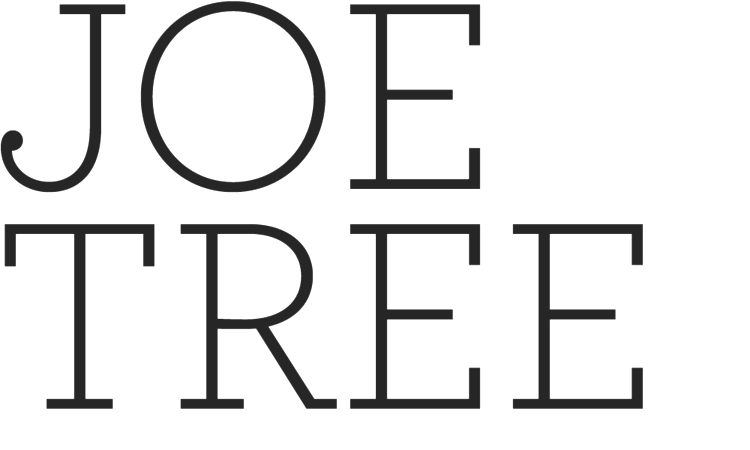A brief moment of calm this week has afforded the opportunity to catch up with a long list of hitherto neglected tasks. This got me thinking about the bizarre mishmash of tools and apps I've put in place around me as I've tried to maintain order in my work (and mind). Here's a quick rundown of my current organisational insanity:
1. Things
Things is a task manager for iOS and macOS, and the tool I most consistently use. If there's something I absolutely have to do—big or small—it's probably on Things. If I feel a sudden panic while cooking dinner because I remember I need to do something, I'll whip out my phone, add it to Things and let my inner peace return.
It lets you do all manner of advanced stuff like define projects and set tasks within each, tag stuff, add deadlines, sort tasks to be done 'today', 'next', and 'sometime'. All manner of advanced things I seem unable to make sensible use of—everything I have to do is simply listed in 'today' and ordered (approximately) by order of importance.
If I'm under pressure to get stuff done I'll usually add an empty task as a dividing line and drop anything I don't have to think about today below that. (Of course Things provides a way to focus only on the immediate stuff, but I find if I move anything to the 'next' section I tend to forget to go back and find it later.)
2. Trello
I'm a sporadic but keen user of Trello, the web app based around the kanban / agile approach to getting shit done. You set up a board for a project which has columns containing cards. Each card represents something to be done, and you nudge them along left to right as you do them (next > doing > testing > done, for example). It's also good at collecting small assets related to those tasks—text, links, pictures, comments, etc.
I tend to use Trello enthusiastically when I'm working on a bigger project with lots of moving parts spread over several weeks or months. It's a good way to make something huge more manageable and prioritise things when resources are limited. And because Trello boards are collaborative, they're particularly useful when several people are working on the same thing.
3. Apple notes
My rational brain doesn't see any reason to use Apple notes. Nonetheless, it's found its place as a more casual or urgent repository: things to remember to take with me tomorrow morning, stuff to pick up at the supermarket, items to pack for a trip, books people have recommended (which I know I'll never read) or ideas for blog posts (which I'll probably never write—this one wasn't there).
The fact it syncs between phone and MacBook is probably key, as is the absence of any need to think about structuring what I add.
4. Calendar
If I want to get something done on or before a particular date, I'll block out a chunk of time in my calendar. I might not end up doing what I want to do precisely when I book it in (more on that below) but if it's there I'm much less likely to let it slip.
5. Email
Whether I like it or not, my inbox may be the biggest driver of what I do hour by hour. I tend to triage every message as soon it arrives. If it's very important or connected to my current task it gets dealt with straight away, if not it gets marked as unread and goes into the backlog, and receipts for thing I've purchased get flagged for later logging in FreeAgent. So effectively here's another to-do list, separate from Things. (Why would I waste time adding "reply to Bob's email" to Things? Replying to Bob is probably quicker.)
In conclusion
Either Things or Trello could cull this list to a single, central solution but, much as I've tried to make that happen, I don't think it ever will. I think it's because us creative types constantly play this silly game with ourselves to make sure we get things done but don't get bogged down and held back by tool many ordered, practical tasks.
I hate being told what, when or how to do anything, even if it's me doing the telling; I like to keep my spirit free to float and tend to rebel against my own to-do lists. My yesterday self wanted me to do that thing today, but my today self wants to focus on something completely different. Today self knows tomorrow self might well do the same thing, so picks the best weapon from the list above to minimise the chance he will.
(Yes, I know—I have issues.)

